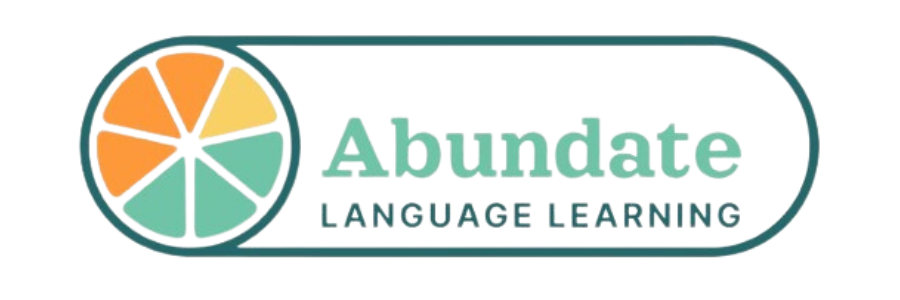The myth of proficiency: Learning how to communicate is a lifelong process
What does it mean to be "proficient" in a language?
The other day, I attended a webinar that I’d really been looking forward to. It was about a topic in my former field of study - languages and linguistics - but unfortunately I was quickly confused and disappointed. Listening to the person speaking, and trying to decipher the text on the slides, I realised I couldn’t understand anything of what they were talking about. For a few moments I felt like an absolute idiot.
The next question on my mind was, is it me or them? In other words, is this content simply too complicated for me, or is the host not doing a good job of presenting?
The answer may be a little bit of both. On the one hand, I’ve been outside of linguistic academia for 7+ years now, and I’m sure I’ve forgotten much of the technical language I would have been comfortable with back then: You could say that my "academic linguistics proficiency" is rusty. On the other hand, I might have expected the presenter, someone who studies language for a living, to know how to use language to communicate their ideas simply and clearly. But the fact is, knowing how to study language and knowing how to express something clearly involve two very different skill sets.
For language learners, a common goal is to become “proficient” in their chosen language. But what does this mean, if someone whose first language is English (the host of the webinar) couldn’t even successfully communicate their message to someone with a supposedly very high level of English proficiency (me)?
If the goal of proficiency is clear communication and successful comprehension, then weren’t we both failing?
A “web” of proficiency skills?
I believe that language proficiency is a web of inter-related skills which we hone and prioritise at different stages in our lives. I also believe it has very little to do with what language(s) you consider to be “native” to you. But where’s the research? I like to look online for relevant research when it’s available, and I really couldn’t find much relating to the different types of skills that make up what we call language proficiency. What I found* seemed to be largely centred around other language-related cognitive abilities such as understanding relevant vocabulary and sentence structures.
Here are a few broader skills which I believe help us to communicate and understand each other more clearly - at any language level:
Active listening skills, as well as knowing when to speak and when to listen
Awareness, attention and empathy towards your audience**
Confidence in the value of your perspective/voice/opinion (speaking from personal experience as someone who’s often tended to keep quiet!)
Simplification: Ability to explain complex concepts in simple ways (“Whatever cannot be said clearly is probably not being thought clearly either” - philosopher Peter Singer)
Capacity for working memory and attention
Creative use of language, such as the ability to draw parallels, create/decode metaphors and accept novel uses of a word or expression**
Barriers to proficient communication (often, this is when our egos get in the way):
Listening to someone only with the intention of finding an opportunity to speak yourself
Using overly complex language, even if the purpose is to impress or to sound more intelligent
Reacting emotionally without pausing to clarify what’s being meant
Perfectionism: If you wait for the perfect phrase or the perfect moment to speak, you won’t say much
Stress of various kinds, like self-consciousness, rejection, embarrassment, fear of ridicule or failure (which limits our working memory capacity and attention span)
‘Splitting hairs’: If you end up arguing over the meaning of the word ‘symbiotic’ (unless this is part of your job!), sometimes it’s better to accept that someone else has a different definition of the word than you do, and move on.
If effective communication is the end goal in seeking language proficiency, then I believe this is something that most people seek regardless of their language level, “native” status, or otherwise. Personally I am still learning how to communicate: How to simplify my language, when to use my voice and when to listen, and I don’t intend to “graduate” anytime soon.
These are my own observations, and I hope there’s more research on this than what I found on Google Scholar, so please let me know what I’ve missed!
–
* For example, an article by Laurie E. Cutting and Hollis S. Scarborough (2006) [PDF download] or another by Donald E. Powers (2010) [PDF download].
** These communication skills are discussed in my podcast interview with Friederike Sell about “International English”.
AUTHOR'S BIO
Hedvig is a language and learning coach on a mission to make language learning almost as normal as breathing. She is the founder of Abundate.org and host of the Abundate Podcast, where she interviews language learners, educators and researchers about the magic, power and beauty of language learning. She also shares her personal reflections on language learning in her newsletter. Learn more about private coaching in English or Norwegian, or her group programme for learners of any language.
